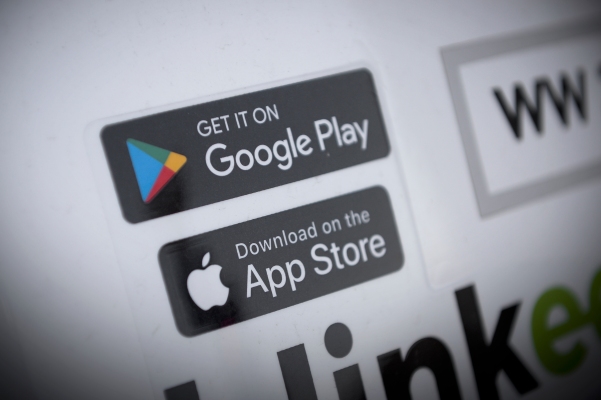The BBC News site has one of those heart-warming stories that crop up periodically, about how clever new technology averted a potentially dangerous situation. In this case, it describes how a group of people lost in a forest in England were located by rescue services. The happy ending was thanks to the use of the What3words (W3W) app they managed to download following a suggestion from the police when they phoned for help. W3W’s creators have divided the world up into 57 trillion virtual squares, each measuring 3m by 3m (10ft by 10ft), and then assigned each of those squares a unique “address” formed by three randomly-assigned words, such as “mile.crazy.shade”. The idea is that it’s easier to communicate three words generated by the What3words app from your position, than to read out your exact GPS longitude and latitude as a string of numbers. It’s certainly a clever approach, but there are number of problems, many of which were discussed in a fascinating post by Terence Eden from earlier this year. The most serious one is that the system is not open:
The algorithm used to generate the words is proprietary. You are not allowed to see it. You cannot find out your location without asking W3W for permission.
If you want permission, you have to agree to some pretty long terms and conditions. And understand their privacy policy. Oh, and an API agreement. And then make sure you don’t infringe their patents.
You cannot store locations. You have to let them analyse the locations you look up. Want to use more than 10,000 addresses? Contact them for prices!
It is the antithesis of open.
Another issue is the fact that the physical locations of addresses are changing in some parts of the world:
Perhaps you think this is an edge case? It isn’t. Australia is drifting so fast that GPS can’t keep up.
How does W3W deal with this? Their grid is static, so any tectonic activity means your W3W changes.
Each language has its own list of words, and there’s no simple way to convert between them for a given location. Moreover, there is no continuity in the naming between adjacent squares, so you can’t work out what nearby W3W addresses are. Fortunately, there are some open alternatives to W3W, many of them listed on a page put together by the well-known OpenStreetMap (OSM) group. OSM also points out the main danger if W3W is widely used — Mongolia has already adopted it as an official addressing system for the country:
What3words is fairly simple from a software point of view, and is really more about attempting establish a standard for location look-ups. It will only succeed through the network effect of persuading many people to adopt and share locations. If it does succeed, then it also succeeds in “locking in” users into the system which they have exclusive monopoly over.
Given that problem, it seems questionable that, according to the BBC story, the UK police are urging “everyone to download a smartphone app they say has already saved several lives”. Since when has it been the police’s job to do the marketing for companies? Moreover, in many emergencies W3W may not be needed. Eden mentions a situation described given by a W3W press release:
Person dials the emergency services
Person doesn’t know their location
Emergency services sends the person a link
Person clicks on link, opens web page
Web page geolocates user and displays their W3W location
Person reads out their W3W phrase to the emergency services
Here’s the thing… If the person’s phone has a data connection — the web page can just send the geolocation directly back to the emergency services! No need to get a human to read it out, then another human to listen and type it in to a different system.
There is literally no need for W3W in this scenario. If you have a data connection, you can send your precise location without an intermediary.
That seems to have been the case for the people who were lost in the forest: since they were able to download the W3W app, as suggested by the police, a Web page could have sent their geolocation to the emergency services directly. Maybe that boring technical detail is something the BBC should have mentioned in its story, along with all the heart-warming stuff.
Follow me @glynmoody on Twitter, Diaspora, or Mastodon.
Permalink | Comments | Email This Story
Techdirt.




